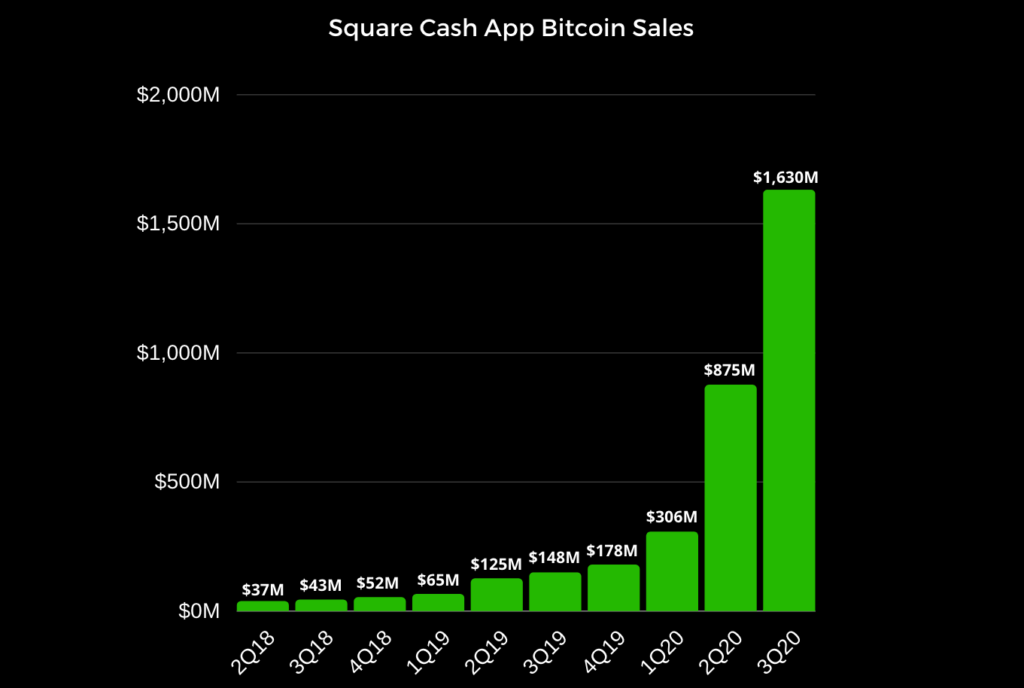PayPal allows Bitcoin and cryptocurrency transactions
Just a few years ago, Paypal used to categorically oppose Bitcoin as a payment method. For those who used to buy Bitcoin during the prior bull run, in 2017, you might remember the large interest of Paypal users in finding ways to obtain cryptocurrency. Paypal did not only take an opposing stance but they even closed accounts associated with cryptocurrency purchases.
Fast forward to 2020, and we are seeing an incredible development taking place – Paypal finally supports cryptocurrency transactions. While the new feature of the payment system is only a few weeks old, many people are not yet aware of the specifics. And that’s exactly why we wrote this article.
Over the next few paragraphs we will break down the new offer of Paypal, and how it affects the industry as a whole. Let’s get started.
Paypal enables cryptocurrency storage
As of November 2020, users are now able to purchase Bitcoin, Ethereum, Litecoin and Bitcoin Cash directly through Paypal.
Now you can buy, hold and sell #Crypto with PayPal. Start with as little as $1 in the PayPal app today. Terms apply. https://t.co/ydl63Q5kGB pic.twitter.com/ArZP2FgrSk
— PayPal (@PayPal) November 23, 2020
The offer initially rolled out for users who reside in the United States, and was later enabled to more than 380 active Paypal users around the globe.
Here’s how the process works:
- Users can select to either buy or sell the cryptocurrency they want from the dashboard of Paypal.
- After making a purchase, the coins remain in their account and cannot be transferred elsewhere. Paypal thus offers “paper crypto”, also known as a representation of cryptocurrency backed by the real asset.
- Due to being unable to transfer the funds. Users are eventually prompted to sell their coins back to the platform.
- While this limits the use of cryptocurrency obtained through the platform there is some great news as well. Until 2021, users do not need to pay any fees when buying or selling coins through the platform.
So is this a good thing for the growth of the industry?
Many claim that the somewhat “centralized” approach that Paypal adopts when it comes to cryptocurrency transactions gives the wrong message towards the public. Several authoritative cryptocurrency investors believe that new users should be able to use their coins as they please, and not be forced to hold onto them within the platform of Paypal.
However, there are some very good news for the industry as well. These are the developments you need to keep in mind as we are entering 2021 with a nearly fully recovered Bitcoin:
1. Paypal now buys ±70% of all new BTC
Since their recent announcement, more than 20% of Paypal’s users have already bought some form of cryptocurrency. To support this extremely large user demand, Paypal is now forced to purchase nearly 70% of the daily minted supply, which equals roughly to 630 BTC. This move sharply increases the difficulty of obtaining new Bitcoin, which in turn increases its scarcity and price.
2. Paypal improves accessibility to crypto
New technologies always take time to develop, especially when the majority of people are not very accustomed to decentralized technology. Paypal’s decision to support cryptocurrencies massively expedites this process, making the UX/UI issues disappear. Every Paypal user has now full access to cryptocurrency and can purchase however much they like.
3. Cryptocurrency will soon be used when paying all Paypal-supported merchants
Starting from early 2021, Paypal users will be able to use their cryptocurrency to make payments to all 26 million merchants that support the payment system on a global scale. This brings cryptocurrency one step closer to being adopted as a fully capable and globally adopted payment system.
Wrapping up
Paypal’s move towards cryptocurrency support and mainstream adoption makes perfect sense when looking at the recent economic and geopolitical developments. With Bitcoin making a full recovery over the past two years, there is now concrete proof that cryptocurrency is here to stay. Those who welcome new technologies will be the ones that benefit most from it, and Paypal seems to have a low time-preference when it comes to their enhanced business model.
For now, we will need to patiently await until more payment systems and institutions decide to join the BTC revolution. Who knows what the future may hold? We may soon see Bitcoin climbing to new highs, satisfying even the most demanding Paypal users.
